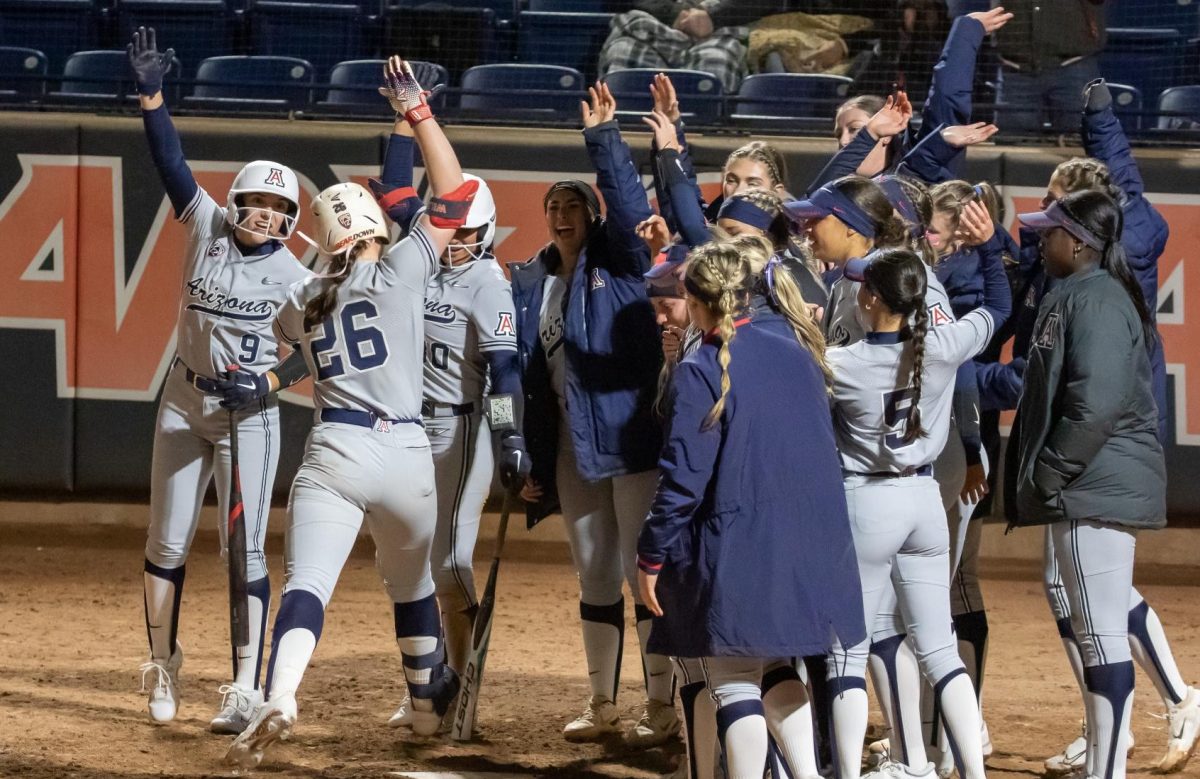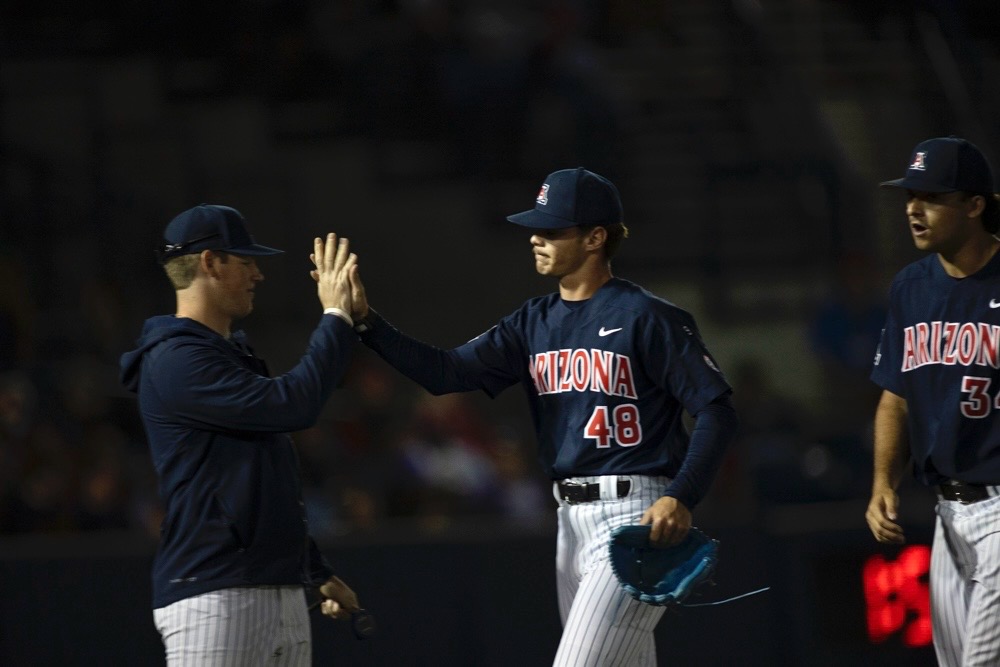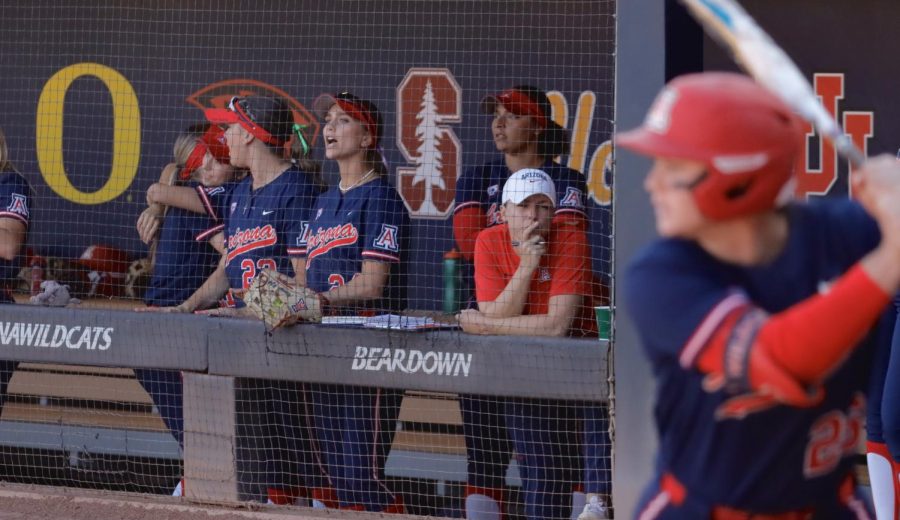SAN JOSE, Calif. — Merry Christmas, NBA owners! The scoreboard doesn’t lie: The owners took back a lot of money from the players, set the timetable for negotiations, then agreed to tentative labor peace early Saturday morning, precisely when they wanted it to happen.
Games would start on Christmas, to kick off a compressed 66-game schedule. Free agency is expected to start Dec. 9, and it should be a lot less lucrative than in recent years, though it will be chaotic.
And, yes, with the postseason salvaged and all those playoff TV dates secured, the owners will recoup a large portion of their media money. Meanwhile, the players would lose a big chunk of their overall salaries (which, in the short term, will be taken in escrow withholdings on every check) in the new 10-year deal. Also, the players would lose an additional 19.5 percent this season as a prorated share of the lost games. If a player was under contract for $5 million this season, surprise, he can subtract about $1.5 million from that, your basic cost of the labor struggle.
But it’s all but over now. The owners won. We knew they’d win.
They had this thing won from the get-go — they had the economics on their side, they had the leadership, and they played it correctly. The players needed the season to start, even if they had to take a loss to get there, and now it’s starting. The only minor surprise is that the 10 to 15 hard-line owners didn’t keep pushing to try to crush the players in totality.
But this way, the owners got Christmas, and they got the player givebacks they wanted.
The NBA makes money from games. The owners say they don’t, but they do.
What’s not surprising: There don’t seem to be severe, game-changing system changes that would give small-market teams a much better chance to compete with the Lakers, Knicks, Bulls, Celtics and Heat.
The battle wasn’t ever really about competitive balance, even though David Stern said it was.
It was about redistributing the revenue split, and that’s pretty much it.
Voila, the players’ share would drop from 57 percent to a sliding yearly scale of 49 to 51 percent.
The heart of the system seems to be relatively unchanged for systems past: Sign-and-trades, “Bird rights,” midlevel exceptions, all with minor tweaks in the owners’ favor.
Practically, though, there appear to be some potential residual effects from this deal, mostly on the ownership side.
By taking the Lakers, Knicks and Heat out of some of the free-agent bidding, it gives a greater shot to the franchises just a notch or two below the richest teams.
But with increased penalties for teams over the luxury-tax threshold, there will be more incentive for upper-middle-class owners to stay away from the luxury tax.
Essentially, the upper-middle-class teams that have stayed away from bad long-term commitments could clean up in the next years of free agency.
Oops: The Warriors want to be active and will spend money if possible, but they’re committed to a lot of long-term salary thanks to their deals with David Lee, Monta Ellis and Andris Biedrins (and they’ve got Stephen Curry coming up for an extension soon).
Any big new additions would probably get Joe Lacob and Peter Guber into the luxury tax.
Sure, the Warriors could open up breathing room by using the new deal’s amnesty provision to drop Lee’s remaining $68 million or Biedrins’ $27 million from salary-cap considerations.
But neither move is likely. Lee is one of co-owner Joe Lacob’s favorite players, and Biedrins has value as a young center, despite his miserable recent run.
While the Warriors have circled Denver free-agent big man Nene, among others, they have a lot of competition in this market.
Among upwardly-mobile franchises I can single out, there’s New Jersey (soon to be Brooklyn), Indiana and probably two or three others.
The Nets have a billionaire owner, already have a star (Deron Williams) and could clear $25 million in cap room.
Indiana could also get more than $20 million under, and it has Danny Granger and a few other major talents.
The Warriors have the motivation, a new front office, a new coach, some interesting talent and the same roster problems.
New system or old, they’re going to have to solve their problems on their own. The new deal gives them no magic fix. This will still be a long slog, with some painful choices, thanks to mistakes of the past.
It’s the Warriors. If you expected anything different, you just haven’t been paying attention.








